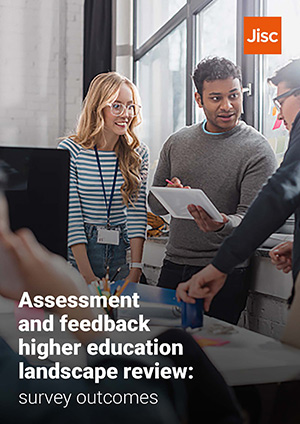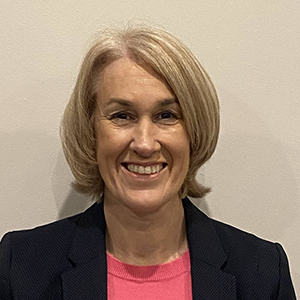Assessment and feedback higher education landscape review: survey outcomes
Whether as an acceleration of a planned strategy or an emergency response, changing assessment practice has been a priority.

Digital transformation has occurred across all aspects of education over the last two years during the pandemic. We have learned lessons about equity, about learning design and about interoperability. We have seen success stories and consistently high levels of student attainment. A move away from traditional unseen exams to other forms of assessment has seen many students, particularly those from disadvantaged backgrounds, perform better.
Assessment is central to the educational process. Done well, it drives improvement, shapes student behaviour and provides accountability to employers and others. It can also be a source of dissatisfaction, frustration and anxiety. Does it assess the right things? Does it take place at the right points in the learning journey? Is it susceptible to cheating? Existing and emerging technologies are starting to play a role in changing assessment practice and could help address these issues.
We have learned many lessons and towards the end of 2021, it seemed appropriate to take stock of where we are as a sector and think about what good assessment and feedback practice will look like in future. So we launched a survey of the assessment landscape in UK higher education, asking about the use of digital tools to support assessment and feedback practice and the challenges.
Read the full report
pdf, 22.1 MB, 12 pages
About the authors

I am director of digital transformation in higher education. My team and I support universities with their digital transformation agenda. This includes working with senior leaders to support their use of the framework and maturity model for digital transformation in higher education. Other activities in my portfolio include projects exploring future trends for assessment and feedback, researching international and transnational education (TNE) students' digital experiences and supporting staff with designing blended learning. In addition we support communities of practice including our senior leaders working group for digital transformation, our student experience experts group, working groups for assessment and feedback and international and TNE students’ digital experiences.
